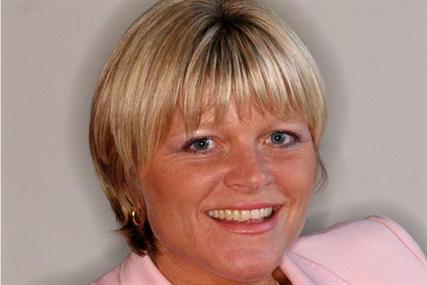
Speaking at the Edinburgh International Television Festival alongside, Channel 4 chief executive David Abraham, communications minister Ed Vaizey and Christian Hernandez, head of international business development, Facebook, Hazlitt said the advertising model has room for "enormous expansion on the whole telly thing".
In ITV’s interim results lats month, chief executive Adam Crozier announced plans to begin trialling micropayments from next year in a bid to diversify revenue streams and not be so reliant on the cyclical advertising market.
In Edinburgh Hazlitt continued the theme: "This whole thing about never any money from transacting with consumers, well bollocks to that. Look at the US, people in the US would rather have extra pay TV than a third meal. It is our duty as commercial broadcaster that owns a whole amount of content to see what people will pay for."
Hazlitt identified the key to making money from transactions will lie in "data". She said: "If you don’t know who your consumers are then you can’t offer them packages that they will pay for. The most important thing is we pay a fortune for the content our viewers are interacting with."
The value and importance of data has become one of the hotest topics in recent months. Just this week, Channel 4 launched a new website which asks users to register so it can collect information about who its customers, meanwhile, advertising giant WPP launched its new division Xaxis earlier this year, as part of a concerted push to combine its data based businesses.
In Cannes this summer, , and added: "The company that can offer the best integrated solution along those lines will get the majority of the customers."
Abraham has used a number of platforms to call for pay TV broadcasters such as Virgin Media and BSkyB to share information about their customers and yesterday (26 August) repeated that as a public broadcaster he believes information should be make available to content providers.
He continued: "This is about how advertising is transacted between clients and agencies. It’s about demonstrating about how the £3.5bn [TV ad revenue market] is going to be defended and grown. Remember the money Google making is primarily search.
"All these things are creating data that other people are looking to exploit commercially and so we must go out and defend them. Defend and grow them in the long term. If all viewing is going to be connected and you can’t tell [advertisers] who they are, we’re not going to have a business.
Although minister Vaizey would not be drawn on the Government’s view on the issue, he said it was something that broadcasting regulator Ofcom was "interested in". Vaizey invited Abraham to include it in Channel 4’s response to the Green Paper for the Communications Bill, due to be presented by the end of this Parliament.


.jpg)


.jpg)